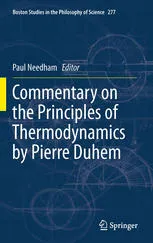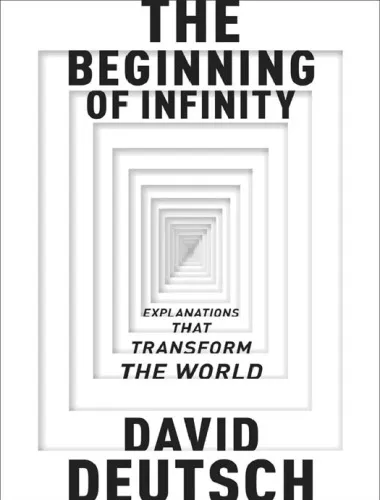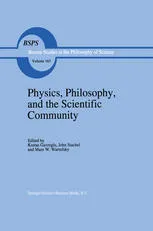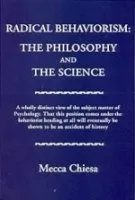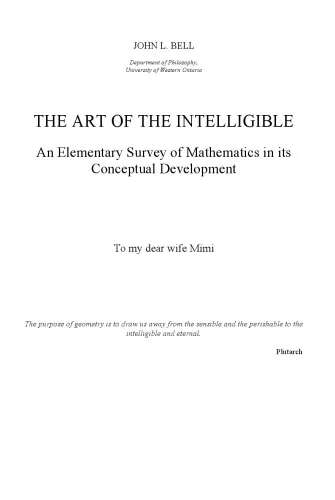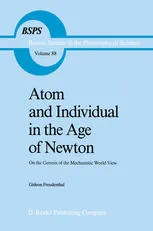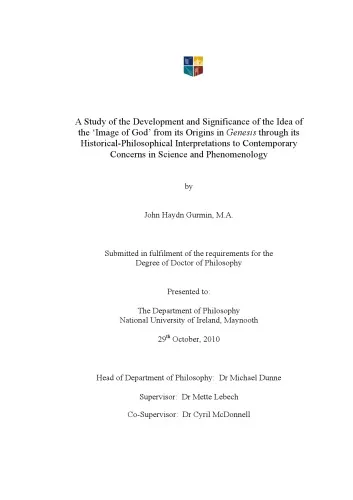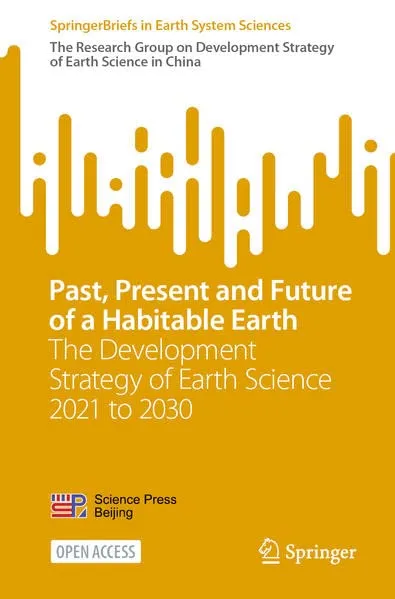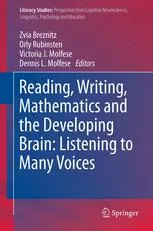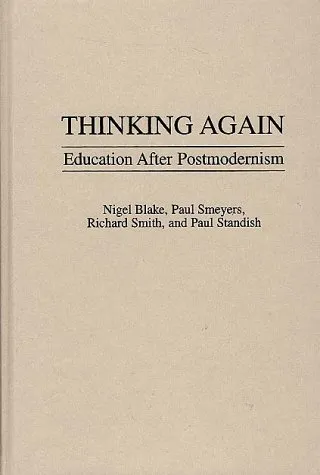Kantian Genesis of the Problem of Scientific Education: Emergence, Development and Future Prospects
4.0
بر اساس نظر کاربران

شما میتونید سوالاتتون در باره کتاب رو از هوش مصنوعیش بعد از ورود بپرسید
هر دانلود یا پرسش از هوش مصنوعی 2 امتیاز لازم دارد، برای بدست آوردن امتیاز رایگان، به صفحه ی راهنمای امتیازات سر بزنید و یک سری کار ارزشمند انجام بدینکتاب های مرتبط:
معرفی جامع کتاب "Kantian Genesis of the Problem of Scientific Education: Emergence, Development and Future Prospects"
کتاب "Kantian Genesis of the Problem of Scientific Education: Emergence, Development and Future Prospects" نتیجه پژوهشی عمیق و فلسفی درباره مبانی تربیت علمی مدرن است. نویسنده، رصول نژادمهری، در این اثر از لنز فلسفه ایمانوئل کانت به موضوع تربیت علمی پرداخته و تلاش کرده است گرهگاههای اصلی این مشکل را واکاوی کند و فضایی برای درک بهتر از تاریخچه، تحول و چالشهای تربیت علمی فراهم نماید. کتاب با ردگیری ریشههای فلسفه علمی در قرن هجدهم و گسترش آن تا دوران مدرن، گفتمانی انتقادی و فلسفی فراهم میکند که به بررسی اصول و مشکلات حاکم بر آموزش و تربیت علمی میپردازد.
خلاصهای جامع از کتاب
کتاب در سه بخش اصلی سازماندهی شده است. در بخش اول، نویسنده به بررسی زمینههای تاریخی و فلسفی ظهور تربیت علمی مدرن از طریق دیدگاههای کانت میپردازد. کانت با تمرکز بر مفهوم آزادی، عقلانیت و خلاقیت، آموزش و پرورش را نه بهعنوان انتقال اطلاعات بلکه ابزاری برای گسترش خرد انسانی معرفی میکند.
در بخش دوم، نویسنده به تحولاتی که تربیت علمی در دوران مدرن از سر گذرانده است، اشاره میکند. دغدغههای عمدهای از قبیل صنعتیسازی، تجاریشدن آموزش و غلبه معیارهای بهرهوری بر ارزشهای انسانی در آموزش و پرورش، به تفصیل تحلیل شدهاند. این بخش بهطور خاص نشان میدهد که چگونه تربیت علمی میتواند در خدمت حفظ یا حتی ایجاد نابرابریهای اجتماعی قرار گیرد.
در بخش سوم، نژادمهری آینده تربیت علمی را مورد بررسی قرار میدهد. نویسنده پیشنهاد میدهد که باید بینش تازهای از آموزش علمی ایجاد شود که همزمان هم زمینهساز توسعه دانش باشد و هم اصول انسانی و فلسفی کانتی مانند آزادی و کرامت انسانی را حفظ کند. در این بخش، نویسنده به این مسئله میپردازد که چگونه تربیت علمی میتواند در خدمت فضیلتهای بشری قرار گیرد.
نکات کلیدی کتاب
- بررسی پیدایش و تاریخچه تربیت علمی از دیدگاه فلسفه کانت
- تحلیل چالشهای اساسی آموزش و پرورش مدرن، از جمله سوداگری و فنسالاری
- ارائه مدلهایی جدید برای پیوند بین علم، اخلاق و فرهنگ انسانی
- استفاده از مفاهیم کلیدی فلسفه کانت برای تحلیل مشکلات معاصر آموزش و پرورش
- پیشنهاد راهحلهای عملی و فلسفی برای بهبود تربیت علمی از منظر کانتی
نقلقولهای معروف از کتاب
"Education is not merely about the accumulation of knowledge but is fundamentally about the cultivation of rational and free beings."
“The scientific education system must transcend productivity metrics to embrace the ethical and moral dimensions of human existence.”
چرا این کتاب مهم است؟
این کتاب نهتنها برای پژوهشگران فلسفه و علوم تربیتی است بلکه برای مربیان، سیاستگذاران و همه کسانی که به آینده نظام آموزشی اهمیت میدهند، واجد اهمیت است. رویکرد انتقادی نویسنده در زمینه نهتنها شناسایی مشکلات اساسی تربیت علمی بلکه جستجوی راهحلهای فلسفی و عملی، این اثر را به منبعی ارزشمند تبدیل کرده است. از دیدگاه نویسنده، بازگشت به اصول کانتی میتواند نقطه شروعی برای بازاندیشی جامع در مورد هدف و کارکردهای آموزش باشد.
در شرایط فعلی که آموزش و پرورش بیشتر بر معیارهای بهرهوری و اقتصاد متمرکز شده است، این کتاب خواننده را به چالشی دعوت میکند که به ارزشهای انسانی و زیربنای اخلاقی علم پایبند بماند. به همین دلیل، اثر حاضر بهعنوان یک راهنما برای درک بهتر از ارتباط میان فلسفه، علم و اخلاق در جهان معاصر بهشمار میرود.
Introduction
Welcome to 'The Kantian Genesis of the Problem of Scientific Education: Emergence, Development and Future Prospects', a thought-provoking journey that delves into the philosophical roots, historical evolution, and future possibilities of scientific education through the Kantian lens. This book provides a comprehensive examination of the interplay between Immanuel Kant's philosophy and the challenges of modern education within the context of science. By tracing the origins of scientific education and its philosophical dilemmas, it offers a nuanced understanding of how these intellectual traditions have shaped, and continue to shape, contemporary educational practices.
Immanuel Kant, the cornerstone of modern philosophy, did not write specifically about educational science, yet his critical philosophy offers profound insights into the nature of human knowledge, freedom, and rationality—the very foundations of effective education. This book builds on Kantian thought to address the central challenges of integrating science into education. More specifically, it examines how these philosophical ideas continue to evolve and remain relevant in guiding scientific educational practices for the future. Whether you are an educator, philosopher, or a student of critical theory, this book invites you to explore how philosophy can inform and challenge our understanding of educational systems.
Detailed Summary of the Book
This book is divided into three major sections, each serving as a pillar in understanding the dynamic relationship between Kantian philosophy and scientific education.
- Emergence: This section explores the historical and philosophical background to the problem of scientific education. It traces the ideas of Enlightenment, Kant's critical philosophy, and how these philosophical traditions laid the groundwork for a systematic approach to education in the sciences.
- Development: Moving forward in history, the book analyses the transformations that scientific education underwent, from the early institutional frameworks established in the 19th century to modern educational methodologies. This section emphasizes the ongoing struggle between utilitarian education policies and their Kantian counterparts, rooted in autonomy and the cultivation of reason.
- Future Prospects: This final part peers into the future of education through a Kantian paradigm, offering practical and philosophical strategies to address the challenges of the digital age, globalization, and the need for interdisciplinary approaches in scientific learning.
The book not only offers a historically grounded philosophical account but also provides readers with insights into how these ideas can be applied in today’s rapidly changing educational landscape. A deep reflection on the relationship between reason and practicality runs throughout, offering compelling perspectives that go beyond traditional curricula.
Key Takeaways
- The philosophy of Immanuel Kant remains a crucial lens through which the essence of scientific education can be examined and refined.
- Scientific education is not merely the transfer of knowledge; it is a process that involves cultivating autonomy, critical thinking, and reason in learners.
- Modern educational challenges, including technological advancements, demand that educators revisit philosophical foundations to guide future policies and practices.
- The tension between utilitarian and humanist educational goals, a key theme of the Enlightenment, persists in today’s educational debates.
Famous Quotes from the Book
"To educate in the sciences is not only to disseminate knowledge but to ignite the flame of reason and autonomy within the human spirit."
"Kant’s ideal of enlightenment—'Dare to know'—remains the most profound call to action for those who seek to integrate science into the educational process."
"Scientific education is, at its core, a philosophical endeavor that requires both precision in knowledge and depth in understanding."
Why This Book Matters
This book is important because it bridges the gap between philosophy and scientific education, providing a framework for understanding and addressing the crises of contemporary education. In an age dominated by rapid technological changes, global competition, and increasing societal demands on education, revisiting the philosophical foundations of learning—especially through a thinker as transformative as Kant—is imperative.
The book challenges educators and policymakers to rethink the very purpose of education. Rather than seeing it as a utilitarian tool for economic development, it calls for the recognition of education’s higher aims: fostering intellectual autonomy, cultivating a love of knowledge, and nurturing a moral and rational society. By revisiting Kant’s insights, this book equips readers with the philosophical tools to rethink how education systems can inspire both students and educators to meet the changing demands of the modern world.
دانلود رایگان مستقیم
شما میتونید سوالاتتون در باره کتاب رو از هوش مصنوعیش بعد از ورود بپرسید
دسترسی به کتابها از طریق پلتفرمهای قانونی و کتابخانههای عمومی نه تنها از حقوق نویسندگان و ناشران حمایت میکند، بلکه به پایداری فرهنگ کتابخوانی نیز کمک میرساند. پیش از دانلود، لحظهای به بررسی این گزینهها فکر کنید.
این کتاب رو در پلتفرم های دیگه ببینید
WorldCat به شما کمک میکنه تا کتاب ها رو در کتابخانه های سراسر دنیا پیدا کنید
امتیازها، نظرات تخصصی و صحبت ها درباره کتاب را در Goodreads ببینید
کتابهای کمیاب یا دست دوم را در AbeBooks پیدا کنید و بخرید
1258
بازدید4.0
امتیاز0
نظر98%
رضایتنظرات:
4.0
بر اساس 0 نظر کاربران
Questions & Answers
Ask questions about this book or help others by answering
No questions yet. Be the first to ask!
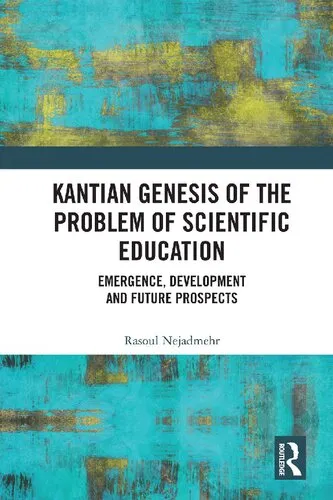

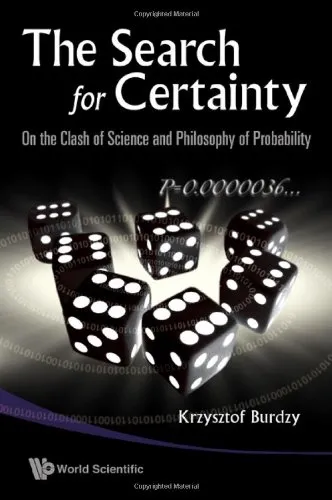
![The Mathematical Experience [Study Edn.]](https://s3.refhub.ir/images/thumb/The_Mathematical_Experience__Study_Edn_16194.webp)
